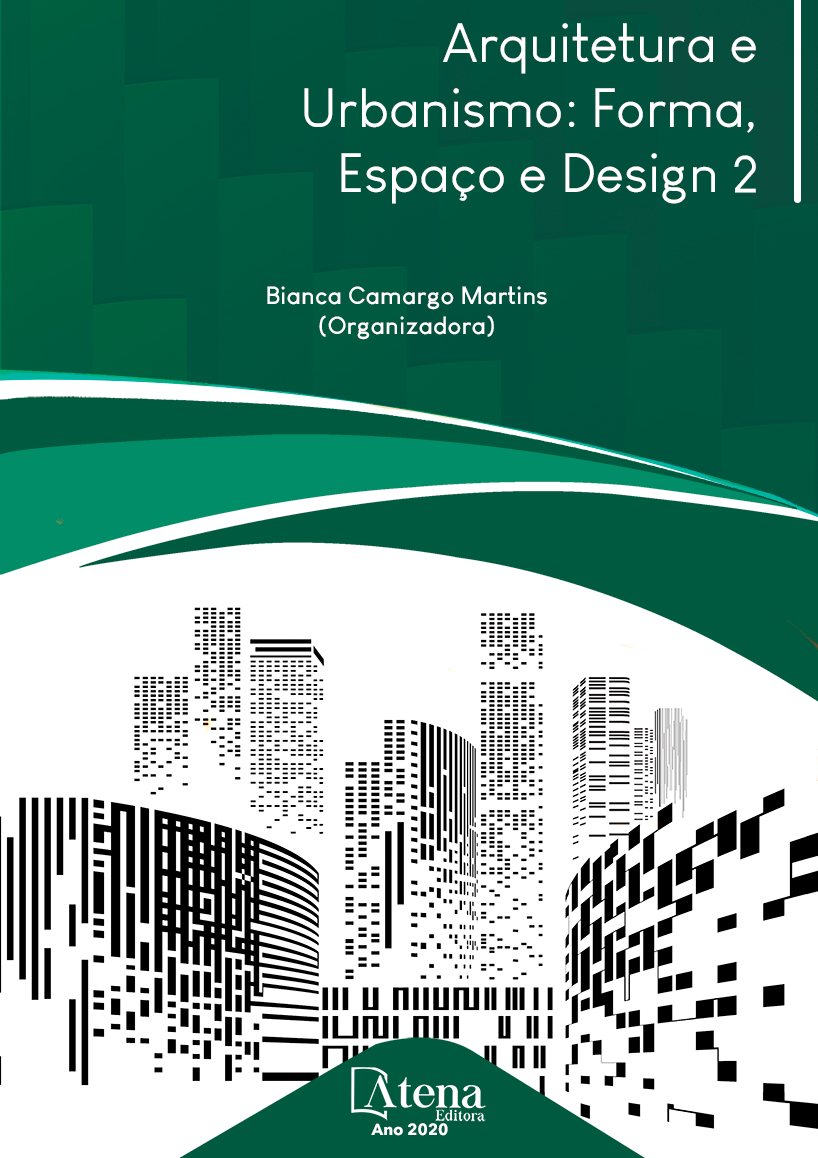
EFECTOS DE LA LEY DE APORTE AL ESPACIO PÚBLICO EN LA PRODUCCIÓN DE LAS CIUDADES CHILENAS. CASO DE ESTUDIO ZONA SUR-ORIENTE DE LA COMUNA DE SANTIAGO.
La densificación como estrategia de ocupación territorial es consecuencia del crecimiento demográfico que pretende optimizar el uso de los bienes y se visibiliza con posterioridad a la ocasión de planificación, genera externalidades negativas que afectan al espacio público y tensionan las dotaciones haciéndolas escasas o a veces innecesarias, fundamentalmente debido a que las dinámicas que ocurren en la ciudad están condicionadas por el modelo político, económico, social y cultural que evoluciona en función de los modos de habitar.
En este contexto, resulta importante identificar el efecto que provocará la entrada en vigencia de la ley de aporte al espacio público desde la perspectiva de la contribución que se espera que reporte para la ciudad y sus ciudadanos, como también para la industria inmobiliaria y de la construcción, y para los administradores del territorio, debido a que la discusión respecto de su implementación se ha focalizado en visiones parciales e intereses particulares, sin mayor reflexión por la oportunidad que presenta para la sustentabilidad de los territorios urbanos la incorporación de recursos factibles de invertir en el espacio colectivo.
EFECTOS DE LA LEY DE APORTE AL ESPACIO PÚBLICO EN LA PRODUCCIÓN DE LAS CIUDADES CHILENAS. CASO DE ESTUDIO ZONA SUR-ORIENTE DE LA COMUNA DE SANTIAGO.
-
DOI: 10.22533/at.ed.22520050314
-
Palavras-chave: espacio exterior, vivienda, densidad de población
-
Keywords: outer space, housing, population density
-
Abstract:
Densification as a strategy of territorial occupation is a consequence of the demographic growth that aims to optimize the use of goods and becomes visible after the occasion of planning. It generates negative externalities that affect the public space and stress the endowments making them scarce or sometimes unnecessary, fundamentally because the dynamics that occur in the city are conditioned by the political, economic, social and cultural model that evolves according to the ways of living.
In this context, it is important to identify the effect of the law of contribution on to the public space which will bring into effect from the perspective of the contribution that is expected to be reported for the city and its citizens. More over effects on the real estate and construction industry, as well as for the administrators of the territory, because the discussion regarding its implementation has focused on partial visions and particular interests, without further reflection on the opportunity presented for the sustainability of urban territories the incorporation of feasible resources to invest in the collective space.
-
Número de páginas: 15
- Mirtha Pallarés Torres
- Jing Chang Lou
- Luz Alicia Cárdenas Jirón
- Felipe Gallardo Gastello
- M. Eugenia Pallarés Torres


